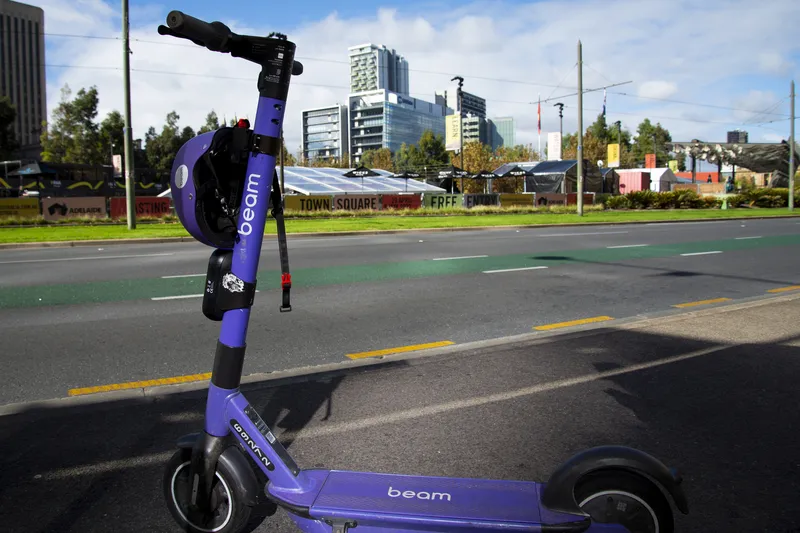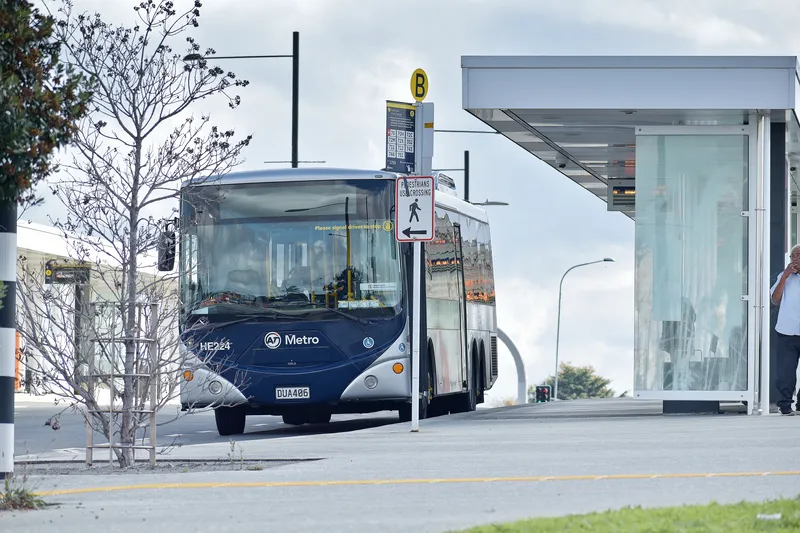Sydney, Australia, is to commence an open payments trial in 2017, enabling the city to have London-style open payments technology on its public transportation system. The trial is said to be a first for the southern hemisphere, providing a test case for other Australian cities which have been contemplating open payments.
New South Wales (NSW) Minister for Transport and Infrastructure, Andrew Constance, made the trial announcement at the opening session of the Future Technology Summit in Sydney.
“For t
April 19, 2016
Read time: 2 mins
Sydney, Australia, is to commence an open payments trial in 2017, enabling the city to have London-style open payments technology on its public transportation system. The trial is said to be a first for the southern hemisphere, providing a test case for other Australian cities which have been contemplating open payments.
New South Wales (NSW) Minister for Transport and Infrastructure, Andrew Constance, made the trial announcement at the opening session of the Future Technology Summit in Sydney.
“For too long, NSW has lagged behind the world when it comes to transport – but that’s changing,” said Constance. “Contactless payment with credit and debit cards would offer customers another easy to use and convenient option for travelling. We're all about making Opal even better. Now we want to use the technology behind Opal to further enhance the system."
378 Cubic, which rolled out the world’s first open payments system with 1466 Transport for London in 2012, had undertaken discussions with Transport for New South Wales about open payments while they were investigating the new technology.
New South Wales (NSW) Minister for Transport and Infrastructure, Andrew Constance, made the trial announcement at the opening session of the Future Technology Summit in Sydney.
“For too long, NSW has lagged behind the world when it comes to transport – but that’s changing,” said Constance. “Contactless payment with credit and debit cards would offer customers another easy to use and convenient option for travelling. We're all about making Opal even better. Now we want to use the technology behind Opal to further enhance the system."










